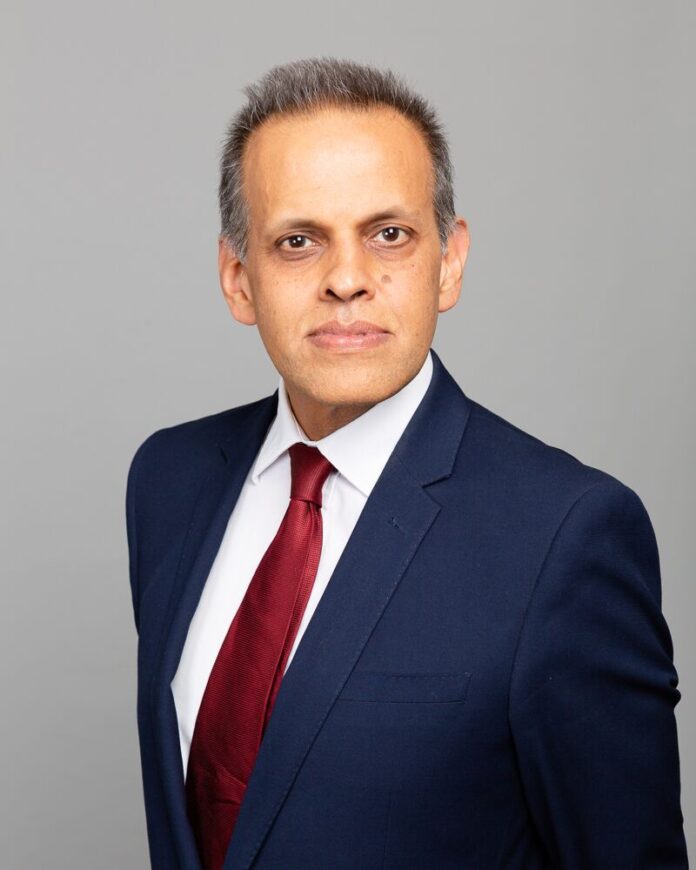
Alcohol is relatively safe in moderation, but when a person drinks in excess, serious health and interpersonal issues can arise. Alcohol use is commonplace in society especially at celebrations – from birthdays to weddings to funerals and is normalised across many cultures, yet even though it is not harmful in moderation, it can also be problematic when used to excess. Here Dr Farrukh Alam, Lead Consultant Psychiatrist and Medical Director Addcounsel and Orchestrate Health, looks at the different types of drinking habits and how to spot when alcohol consumption is a problem.
Are you a social drinker or alcohol dependent?
If you’re worried about your drinking habits, ask yourself if:
you feel you should cut down on your drinking
other people have been criticising your drinking
you feel guilty or bad about your drinking
you need to drink first thing in the morning to steady your nerves or get rid of hangover
Social drinker
Someone who drinks in social situations, has control of their alcohol intake, and doesn’t allow their alcohol consumption to disrupt their personal life or cause any mental health concerns.
Hazardous/Harmful drinker
Alcohol misuse is alcohol consumption that is deemed excessive; it is the inability to stop drinking despite it negatively impacting a person’s life. Alcohol misuse means that you drink alcohol outside of societal norms and use the substance as an unhealthy coping mechanism.
Alcohol Use Disorder
Alcohol dependence is the most serious type of high-risk drinking and means that you are drinking at a level that can cause harm to your health. Alcohol dependence means that a person is unable to function as normal without drinking alcohol, at times it can become the most important factor in someone’s life. Alcohol use disorder is characterised by a loss of control over one’s alcohol consumption, which can quickly develop into a range of related problems. Consistent excessive use of alcohol can result in impaired judgement extreme mood swings, severe hangovers, partaking in dangerous behaviour and a need to drink in order to feel ‘normal’.
Potential physical health problems of alcohol misuse include:
· High blood pressure
· Increased risk of heart and liver disease
· Cancer of the breast, colon, liver, throat, and mouth
· Weakened immune system.
Potential mental health problems include:
· Depression
· Anxiety
· Learning and memory problems
· Mood swing
· Increased irritability
· Despair
Signs to Look Out For
Excessive alcohol use can have dire effects on the affected individual, whether their level of alcohol use is mild, moderate, or severe. If you believe that someone you love may have an alcohol use disorder, there are some common signs that can help you in figuring it out. If you wish to help yourself, or someone you know who may be affected, speak to a professional as soon as you can. Approaching a person about their alcohol use can be a touchy subject, and without a careful and informed approach, the individual may feel attacked or confronted, meaning that a positive response is unlikely. Speak to an addiction professional, like a counsellor or an interventionist. They can guide you on how to best approach the situation and help you maintain your own balance and security throughout.
Dr Farrukh Alam BSc, MBChB, MRCPsych comments: “The factors that can lead to misuse are too many to name – psychological, social, lifestyle and genetic components all have a part to play. Extremely successful and capable individuals can nonetheless find themselves using alcohol as a coping mechanism to deal with the stresses of a difficult professional or personal life. But this merely masks the underlying issues. Anyone, from any background, can develop a compulsive relationship with alcohol. But with the right help and guidance, it is possible to recover from alcohol addiction and build a healthy, fulfilling future.”
Dr Farrukh Alam is Lead Consultant Psychiatrist and Medical Director for Addcounsel and Orchestrate Health, NHS Associate Medical Director Central and Northwest London Foundation Trust. Dr Alam is an internationally renowned expert in assessment and treatment of drug, alcohol, and other addictive disorders. He is accredited as having specialist expertise in this field by the GMC and, for over 25 years, has treated thousands of patients with a variety of addictive disorders. He has worked for luxury rehab Addcounsel and sister company leading private community mental health service Orchestrate Health as Lead Consultant Psychiatrist and Medical Director since 2018. Dr Alam has presented on the topic of addiction to a wide audience, including international conferences, House of Lords, and is widely published in international literature and media.
Help keep news FREE for our readers
Supporting your local community newspaper/online news outlet is crucial now more than ever. If you believe in independent journalism, then consider making a valuable contribution by making a one-time or monthly donation. We operate in rural areas where providing unbiased news can be challenging. Read More About Supporting The West Wales Chronicle























